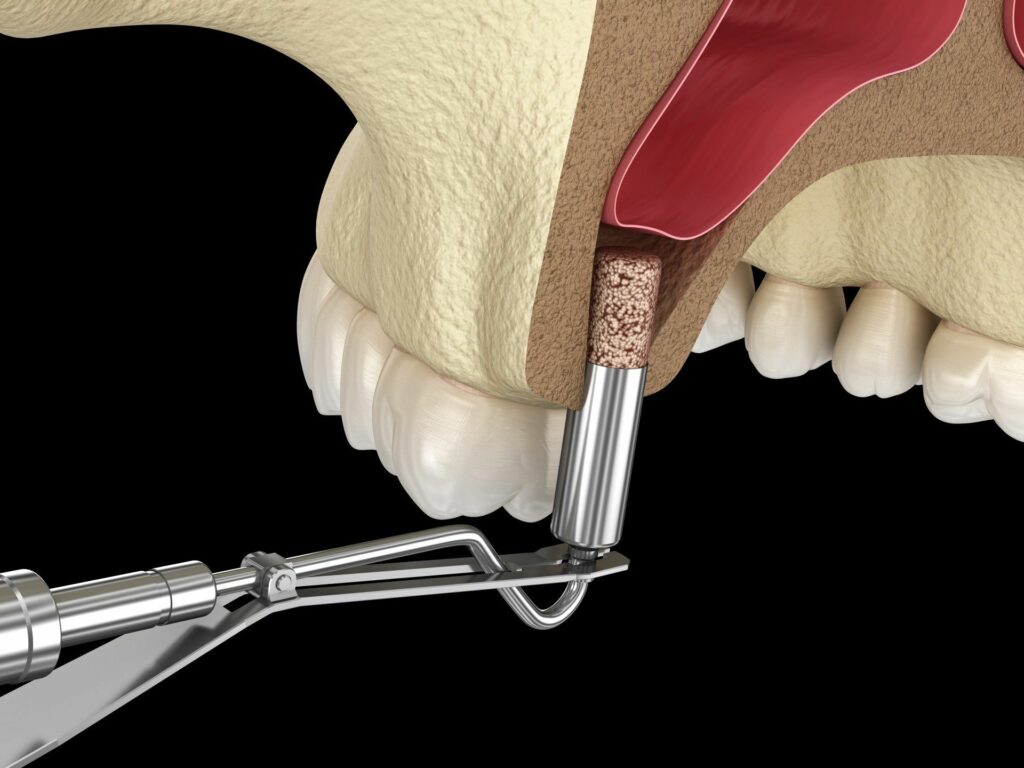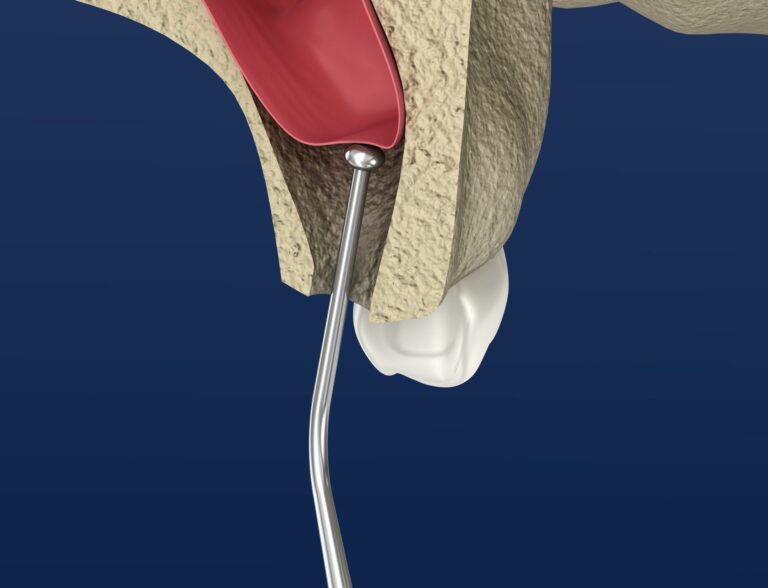- Fill all prescribed medication at least 24 hours prior to surgery. If you have misplaced your prescriptions contact the office immediately. Please allow 24 hours for prescriptions to be called in to your pharmacy.
- Please remember to take your antibiotic 1 hour prior to surgery (if instructed to do so). Follow the instructions on the label. If you have any questions, please contact the office.
- Routine medications can be taken, but please confirm this with the doctor prior to your surgery day. If you are taking medications, please bring the prescription bottles with you.
- If your health changes or your develop a cold, flu, or any other ailment during the week before surgery, please notify us immediately.
- Please do not wear contact lenses, make up or nail polish on the day of surgery. Wear loose fitting clothes, short sleeve shirt with an open neck.
- Please notify us immediately if you suspect that you are pregnant.
- Consult with your medication specialist for more instructions. Click here for medication instructions.

- For IV Sedation Patients ONLY: Please DO NOT eat or drink anything 6 hours before your scheduled surgery time. You may take your prescribed antibiotics with up to ½ glass of water.
- For Oral Sedation Patients ONLY: Please bring the prescribed sedative in the prescription bottle. DO NOT take the medication until instructed by the clinical staff.
- You must have someone drive you to and from the office. Please have your driver remain in the office while you are undergoing treatment.
- Your judgment and reflexes may be impaired following sedation or anesthetic. Although you may feel fully alert, you should not operate a vehicle, power tools, or any machinery for 24 hours following your procedure.
- Make arrangements for an adult to be present with you the remainder of the day.
When brushing, be very gentle. When expectorating, also be gentle. Do not use an electric toothbrush during the healing process.
We may prescribe an antibiotic rinse (Peridex) for certain procedures. This rinse should be used in the morning and at bedtime after routine mouth care. Do not eat or drink or rinse your mouth after using the medicated rinse. Using this rinse more than two times a day will cause staining of your teeth.

As with any procedure, unexpected post-operative healing can occur. Please let us know if:
- You notice the unexpected flow of air or liquids between your mouth and nose.
- You experience sinus or nasal congestion 1-2 weeks post-op on the side your surgery was performed.
- There is an increase in swelling in your mouth, cheek or under your eye after 3-4 days from the surgery date.
SWELLING: Swelling is often associated with surgery. It can be minimized by using a cold pack, ice bag or a bag of frozen peas wrapped in a towel and applied firmly to the cheek adjacent to the surgical area. This should be applied twenty minutes on and twenty minutes off during the first 24 hours after surgery. If you have been prescribed medicine for the control of swelling, be sure to take it as directed.
HOT APPLICATIONS: You may apply warm compresses to the skin over the areas of swelling (hot water bottle, hot moist towels, heating pad) for 20 minutes on and 20 minutes off to help soothe tender areas. This will also help decrease swelling and stiffness.
HEALING: Normal healing after tooth extraction should be as follows: The first two days after surgery are generally the most uncomfortable and there is usually some swelling. On the third day you should be more comfortable and, although still swollen, can usually begin a more substantial diet. The remainder of the post-operative course should be gradual, steady improvement. If you don’t see continued improvement, please call our office.

